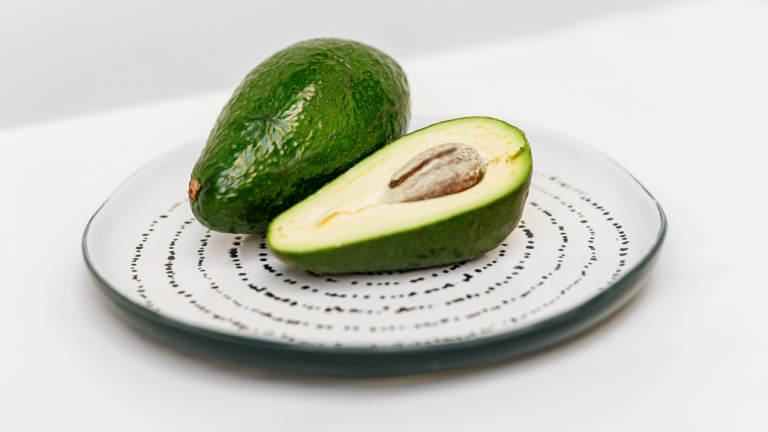What You Need To Know About Mindfulness Meditation

Mindfulness meditation is a popular meditation practice that involves focusing your attention on the present moment without judgment. It is derived from Buddhist traditions but has become widely adopted in the West for its numerous physical, mental, and emotional health benefits. Here’s what you need to know about mindfulness meditation:
- Definition: Mindfulness is the practice of paying deliberate and non-judgmental attention to the present moment. It involves observing your thoughts, emotions, bodily sensations, and the environment around you without trying to change or judge them.
- Techniques: Mindfulness meditation typically involves sitting in a quiet, comfortable space and focusing your attention on your breath, bodily sensations, or a specific object or mantra. You gently bring your mind back to the chosen focal point when it wanders.
- Benefits:
- Stress Reduction: Mindfulness meditation can reduce stress by helping you develop a more balanced and non-reactive relationship with your thoughts and emotions.
- Improved Emotional Regulation: It can enhance your ability to regulate emotions, leading to greater emotional resilience.
- Better Focus and Concentration: Regular practice can improve your attention and concentration, which can be particularly helpful in the modern, fast-paced world.
- Enhanced Self-Awareness: Mindfulness helps you become more aware of your thoughts and habits, enabling you to make positive changes.
- Reduction in Anxiety and Depression Symptoms: Studies have shown that mindfulness meditation can be effective in reducing symptoms of anxiety and depression.
- Pain Management: Mindfulness can help people cope with chronic pain by changing their perception and response to pain.
- Improved Sleep: It may help alleviate sleep problems and improve overall sleep quality.
- Lower Blood Pressure: Some people experience a decrease in blood pressure with regular mindfulness practice.
- Enhanced Well-Being: Many individuals report an increased sense of overall well-being, happiness, and life satisfaction.
- Mindfulness-Based Programs: There are structured programs, such as Mindfulness-Based Stress Reduction (MBSR) and Mindfulness-Based Cognitive Therapy (MBCT), that incorporate mindfulness meditation into therapeutic contexts.
- Accessibility: Mindfulness meditation is accessible to virtually anyone and can be practiced without special equipment. You can meditate in as little as a few minutes a day or engage in longer sessions based on your preference.
- Mind-Wandering: It’s natural for the mind to wander during mindfulness meditation. The key is to gently and non-judgmentally bring your focus back to your chosen point of attention when this happens.
- Mindfulness in Daily Life: The ultimate goal of mindfulness meditation is to cultivate mindfulness in everyday life. This means being present and fully engaged in whatever you are doing, from eating to working to spending time with loved ones.
- Scientific Support: There is a growing body of scientific research that supports the effectiveness of mindfulness meditation for various health and psychological benefits.
- Seek Guidance: While mindfulness meditation is accessible for self-practice, some people find it helpful to learn from experienced teachers or attend classes or workshops to deepen their practice.
- Patience and Consistency: Mindfulness meditation is a skill that develops with time and practice. Be patient with yourself and maintain a consistent practice to experience the full benefits.
Mindfulness meditation is a powerful tool for improving mental and emotional well-being, reducing stress, and fostering a greater sense of presence and peace in your daily life. If you’re interested in incorporating mindfulness into your routine, consider starting with short daily sessions and gradually increasing the duration as you become more comfortable with the practice.
October 27, 2023
0



